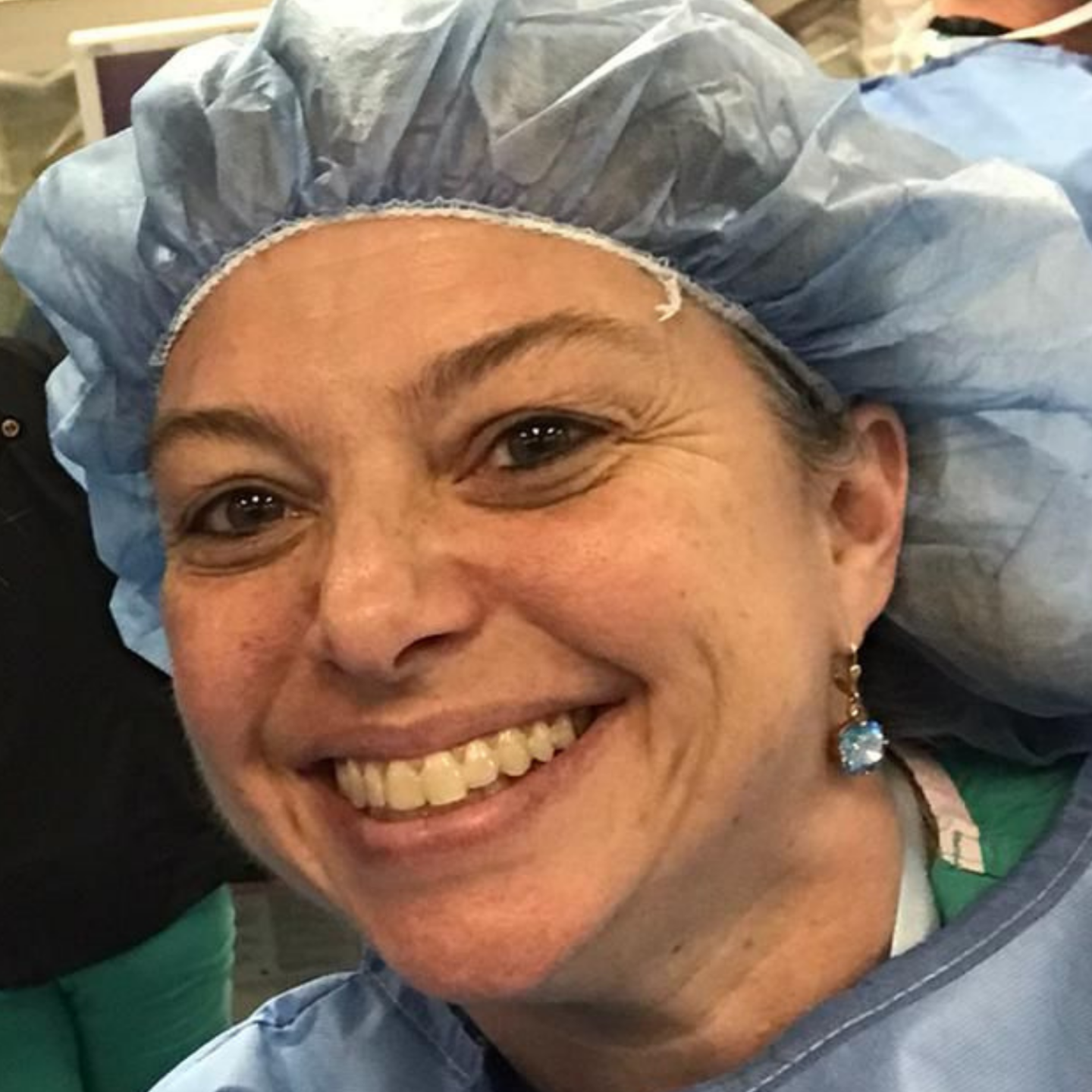
Thriving in Academic Medicine Without Losing Your Mind - Part 1
Jul 12, 2024Whether you are in your first few years of practice or have been doing this academic thing for a while, the balance between busy clinician and prolific researcher is always a hard one.
Embrace Your Dual Identity
It's important to understand that the tension you feel between being a clinically heavy surgeon and an academician is normal and even expected in academic medicine. This dual identity is not a weakness, but a strength that allows you to bring clinical insights to research and research-informed approaches to patient care.
While it may feel overwhelming at times, remember that this diversity in your role is what makes academic surgery uniquely rewarding and impactful.
Just as you have focused your clinical practice in a speciality (or a subspeciality) area, taking the time to focus your academic pursuits requires the same thought and attention.
Practical Tips to Consider:
- Create a personal mission statement that incorporates both your clinical and academic goals
- Seek out role models who successfully balance both aspects and learn from their strategies
- Regularly reflect on how your clinical work informs your research and vice versa, reinforcing the value of your dual role
- Consider a coach to help you rebalance your time and energy and make sure they reflect your mission and values
Build Your Clinical Skills
Because clinical skills are the foundation of our careers, in the first few years of practice many of us choose to focus our time on building our clinical practices and clinical skill development. This clinical foundation is essential for your credibility as both a clinician and a researcher.
I also recommend that you seek out challenging cases and opportunities to expand your surgical repertoire, but be mindful of your limits and don’t burn yourself out! Do this strategically and gradually increase the complexity of your surgeries as you gain confidence and experience.
If you have a colleague who is experienced or just willing to take on challenges with you, I recommend pulling them in to work through complex patient cases and scrub in when you need (or just want) an extra brain or hand! I can tell you that some of my best memories (and the cases that stick out the most in my mind) are challenging cases where I asked others to help me. Even more than subsequent similar cases that I handled on my own.
If possible, skills training is great to participate in. You may be taking residents through cadaver courses or taking a course for a new technique, but all the hand- on time with simulators and cadavers can be incredibly valuable to refine techniques.
I also routinely discuss technique with colleagues at meetings or courses - often over a drink. And I have a lot of cocktail napkin drawings of how to suture a palate or do a tongue base excision for sleep apnea to prove it. 🙂
If there is a particular surgery or technique that you want to learn, consider visiting a colleague or a brief observership with experts in your field. These not only allow you to learn something new, but expand your network. I have found this to be incredibly useful as some of the most useful tips are not those that you read in a book or article.
I had the opportunity to visit a colleague in the Netherlands years ago and a simple conversation about how much to bend the needle made my next surgery MUCH easier. I also was able to see his system to do drug-induced sleep endoscopy outside the operating room that made me more than comfortable with moving this procedure into the MRI induction room at my hospital.
I also recommend that you document your surgical outcomes for both clinical and research use. By systematically recording and analyzing data of your procedures, complications, patient outcomes, and recovery times, you create a valuable resource for both clinical improvement and scholarly pursuits. This allows you to objectively assess your performance, identify areas for improvement, and track your progress over time. At the same time, you can use this information to enhance patient care protocols and form the basis for retrospective studies, case series, or comparative analyses, providing you with readily available material for publications, conference presentations, and grant applications.
In the Next Blog (Thriving in Academic Medicine Without Losing Your Mind (Part 2)) I will review the next 2 key steps to create your ideal academic career: optimizing your research skills and setting goals (both clinically and academically).
The early years of an academic surgical career can be challenging as you strive to balance clinical excellence with scholarly achievements. By embracing your dual role, prioritizing skill development in both areas, leveraging professional networks, and managing your time effectively, you can navigate this period successfully. Remember that finding the right balance is a personal journey – what works for one surgeon may not work for another. And ask for help when you need it!
Stay connected with news and updates!
Join our mailing list to receive the latest news and updates from our team.
Don't worry, your information will not be shared.
We hate SPAM. We will never sell your information - for any reason.



